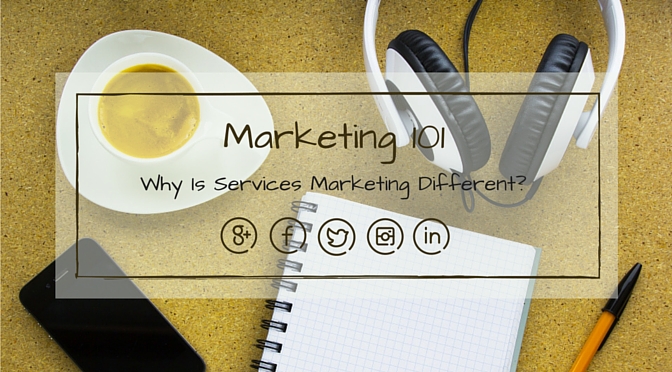
Marketing can be split into two main areas, that of consumer goods and that of services. In the past twenty years markets have increasingly been characterised by intangible services, urging marketin g experts to search for a more efficient marketing strategy for such offers.
g experts to search for a more efficient marketing strategy for such offers.
So what is a service and why does it require a different marketing approach?
Put simply, a service is the act of doing something for someone. While consumer goods marketing deals with tangible, fast moving products which are easily recognisable by customers, services marketing focuses on intangible experiences.
Services are defined by the following features:
 > Lack of ownership: the consumer is unable to own the service, take it home or make use of it as he pleases.
> Lack of ownership: the consumer is unable to own the service, take it home or make use of it as he pleases.
> Intangibility: because services are not goods but experiences, they are not physical.
> Inseparability: the experience offered will always remain with the giver.
> Perishability: unlike goods that may have a limited or unlimited life period, services happen at a certain time and in a certain place.
When in the earl y 1980s marketers recognised the inadequacy of regular consumer goods marketing strategies in relation to services, they began to focus on the quality perceived by consumers and the benefits of services, developing the services marketing mix.
y 1980s marketers recognised the inadequacy of regular consumer goods marketing strategies in relation to services, they began to focus on the quality perceived by consumers and the benefits of services, developing the services marketing mix.
Successful services marketing therefore needs to reassure, convince and explain fully so that the purchaser has full faith that the service will match their expectations. Those companies successfully marketing their services are often the same ones that are building trust, sharing testimonials that demonstrate quality and clearly explaining the benefits. Trust, quality and benefits – a winning combo!